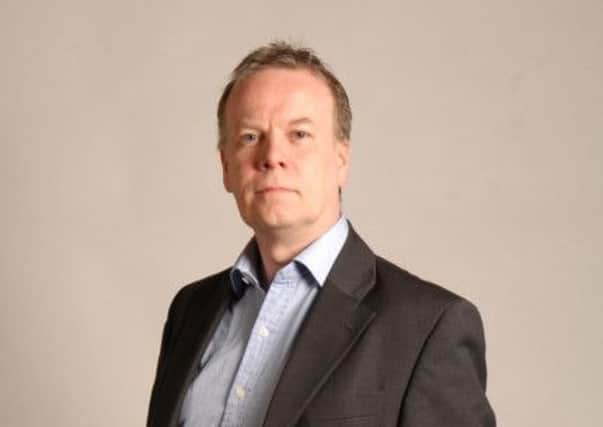Comment: HS2 becomes MC1 as capacity replaces speed


Government ministers yesterday made another attempt – the fifth – to persuade sceptics of the economic case for HS2. But if the lingering doubts are anything to go by, there will soon be a sixth.
The CBI is more supportive than the Institute of Directors (IoD), but it is a conditional backing. It would only say yesterday that the latest push “goes some way” towards helping people understand the need for the project. In other words, expect the marketing campaign to be stepped up a gear.
Advertisement
Hide AdAdvertisement
Hide AdBuilding HS2 alone, however, will not satisfy the CBI which wants complimentary investment in the rest of the network. This sounds like a “cake and eat it” response. The IoD takes a more sceptical view, believing that HS2 does not represent efficient use of taxpayers’ money if other projects are sacrificed. Less than a third of its members are convinced that it would provide value for money and 70 per cent do not believe it will improve productivity in their business.
While the cost is a key determinant as to whether it should go ahead, the case in favour has shifted from speed and time to the issue of capacity. The CBI has criticised ministers’ “previous obsession with journey times”, and rightly so. Given the number of delays on the network and the spurious argument in favour of shorter journey times – which can easily be negated by a traffic jam at either end – the argument should focus more on capacity.
If there is any merit in building this line it is to meet an expected surge in passenger journeys. The network is already at breaking point. Recent evidence that focusing instead on upgrading the existing east and west coast main lines would mean up to 14 years of disruption will be enough to persuade some critics of HS2 that it is the only option available. To that extent, maybe a new focus on capacity should persuade ministers to rename the project MC1 (More Capacity) to emphasise the true benefits they claim it will bring.
None of this should overlook changes expected in technology – particularly broadband – which may render HS2 a white elephant, and research revealing the limited benefits gained in other countries that have built similar lines.
Garbled messages are a customer’s nightmare
call centres claim to be improving, but the experience is still patchy.
BT gave me garbled nonsense about an order for a new line being cancelled after receiving a text saying it was about to be installed, while Sky offered confusion about why I could not install a second box, so I gave up.
The automated message system at Scottish Gas was an exercise in decoding that would have challenged Bletchley Park. Online options were unfathomable.
Human contact is invariably easier than dealing with robots, but only just.